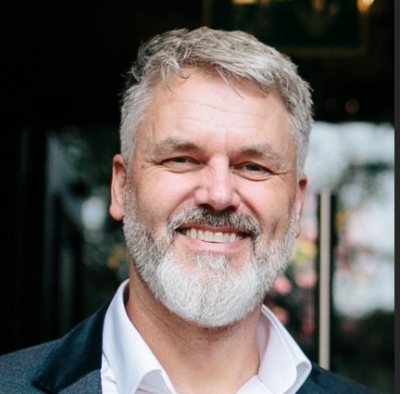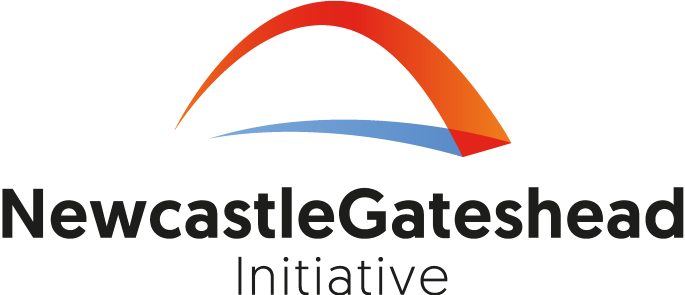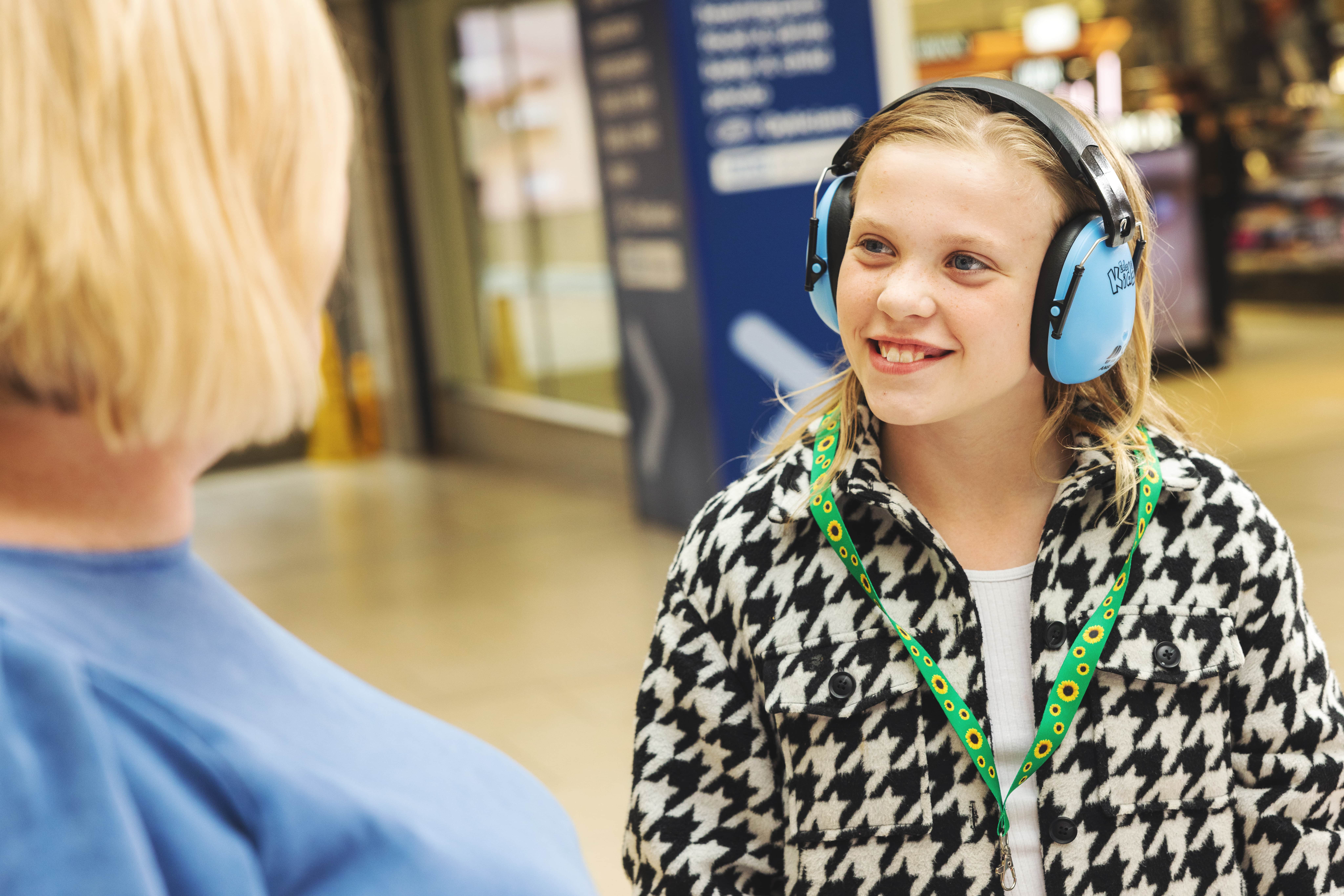
As part of the Everybody Welcome initiative, Destination North East England is committed to playing our part in making the UK the most accessible tourist destination in Europe by 2025. Tourism businesses across the North East can access support and advice to help them maximise the accessibility of their business, create the warmest welcome for people with access needs and tap into the ‘Purple Pound’ which is worth £15.3 billion to England’s economy.
We have been working with Gavin Neate, CEO and founder of WelcoME to provide businesses with the tools to continuously improve their customer experience.
WelcoME is a web-based app dedicated to helping businesses build relationships with their visitors who have access needs and empowers people with access needs to engage with venues.
We spoke with Gavin about his reasons for creating the platform and why it is changing the customer experiences for everyone.
What were your reasons for starting WelcoME?
‘Welcome’ is pretty much written above every door of every shopping centre, every train station, every airport, every hospital, every shop. But disabled people very seldom feel welcome, so by highlighting the M and the E in ‘welcome’ I’m trying to highlight the importance of thinking of disabled people as you would anybody else.
And when I talk about their needs, I’m not just talking about access or physical access, I’m talking about social access. Physical access can be like a door, or a step, or disabled parking or a ramp, but social access is in staff training and how people interact.
I left Guide Dogs in 2015 after 18 years thinking – if I don’t create this platform, then who will? I understood that this wasn’t just visually impaired people, this platform is for all people with access needs and all customers, service representatives everywhere. It became, remarkably, the world’s first proximity-based staff training tool for disability.
Have you had feedback from end users that has spurred you on to continue?
From the very start I was using all of the knowledge that I had amassed through face-to-face interactions and personal interactions that I had seen since I joined Guide Dogs. But of course, it was based on the experience of the disabled people that I was working with. We were involving disabled people all the way through the platform creation. How the platform works, what it does, how it is being delivered and how we’ve improved it, is all based on the feedback we’ve had from people with access needs.
What did accessibility look like 10 years ago and has technology impacted it?
A lot has changed. We’re much more aware of mental health and neurodiversity, but I would say that the biggest change has been society’s attitude towards the need to deliver services for everyone. There are lots of stats around this, but the key one for me has been that 1/5 of the world’s population are people with a disability.
There are 1.3 billion people with access needs, and it is commercially lucrative to design a service for a fifth of the world’s population. People are now recognising this and increasingly they are coming to me for help and advice instead of me going to them first.
What are some challenges you’ve faced when setting up WelcoME?
When you’re doing something that’s totally innovative, you have to create a need. WelcoME creates the opportunity for businesses to improve their customer experiences and it empowers people with access needs to engage with venues. We live in a world where loneliness is possibly an even greater pandemic than the one that we’ve just been through. There are lots of reasons why everybody wins when you have a solution like WelcoME.
What are you most proud of about WelcoME?
The greatest thing is when somebody says I used it, and it was brilliant and I’m using it again and I’m telling other people about it. You can’t beat that. I’ve had staff members say this is going to totally change customer service. I want disabled people to have the same opportunities and brilliant customer experiences as everyone else.
I want to know I’ve made a positive impact on the planet and disabled people to have equitable experiences.
The whole idea came from the premise that a stranger is a friend you haven’t met yet. WelcoMe allows you to meet them before you meet them.
Another analogy is that WelcoME is like a virtual doorbell. Unlike the doorbell that used to be above shop doors and alerted shopkeepers when someone entered back in the day, WelcoME has allowed this to happen much sooner in the customer journey.
Tourism businesses in the North East can access 12-month free trial of the WelcoMe app through the Everybody Welcome Initiative. Find out more here

